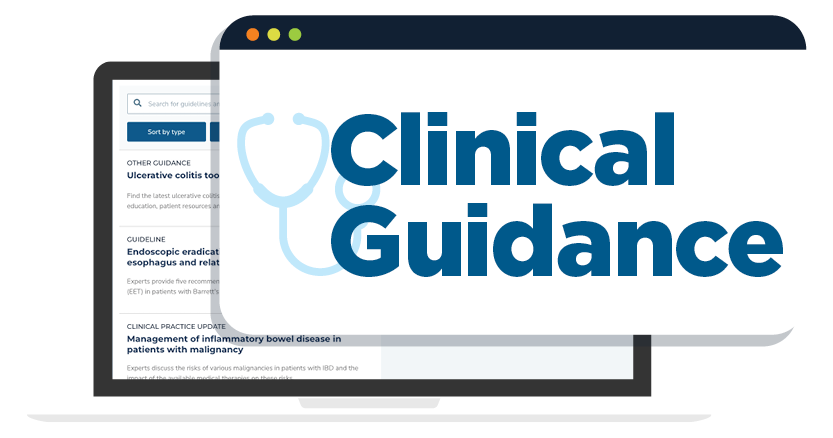1. In individuals at average risk for colorectal cancer (CRC) who are (1) younger than 70 years with a life expectancy of at least 10 years, (2) have a 10-year cardiovascular disease risk of at least 10%, and (3) not at high risk for bleeding, clinicians should use low-dose aspirin to reduce CRC incidence and mortality.
2. In individuals with a history of CRC, clinicians should consider using aspirin to prevent recurrent colorectal neoplasia.
3. In individuals at average risk for CRC, clinicians should not use non-aspirin nonsteroidal anti-inflammatory drugs (NSAIDs) to prevent colorectal neoplasia because of a substantial risk of cardiovascular and gastrointestinal adverse events.
4. In individuals with type 2 diabetes, clinicians may consider using metformin to prevent colorectal neoplasia.
5. In individuals with CRC and type 2 diabetes, clinicians may consider using metformin to reduce mortality.
6. Clinicians should not use calcium or vitamin D (alone or together) to prevent colorectal neoplasia.
7. Clinicians should not use folic acid to prevent colorectal neoplasia.
8. In individuals at average risk for CRC, clinicians should not use statins to prevent colorectal neoplasia.
9. In individuals with a history of CRC, clinicians should not use statins to reduce mortality.












